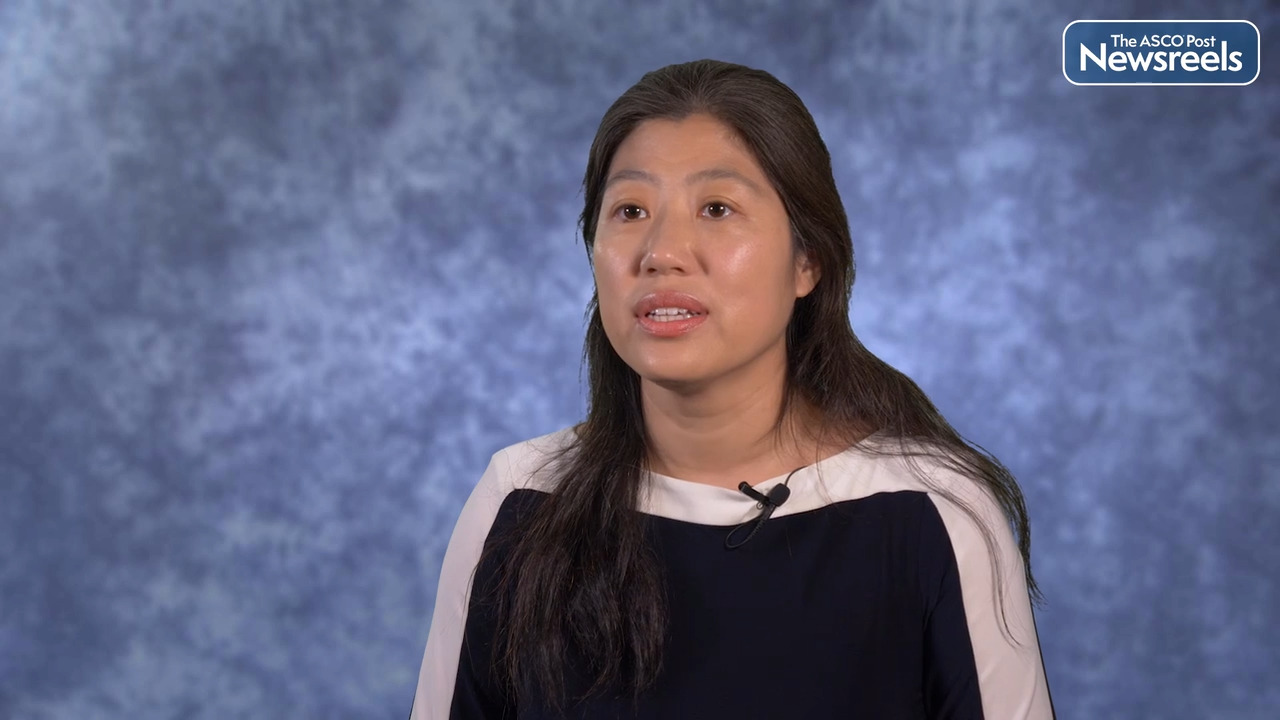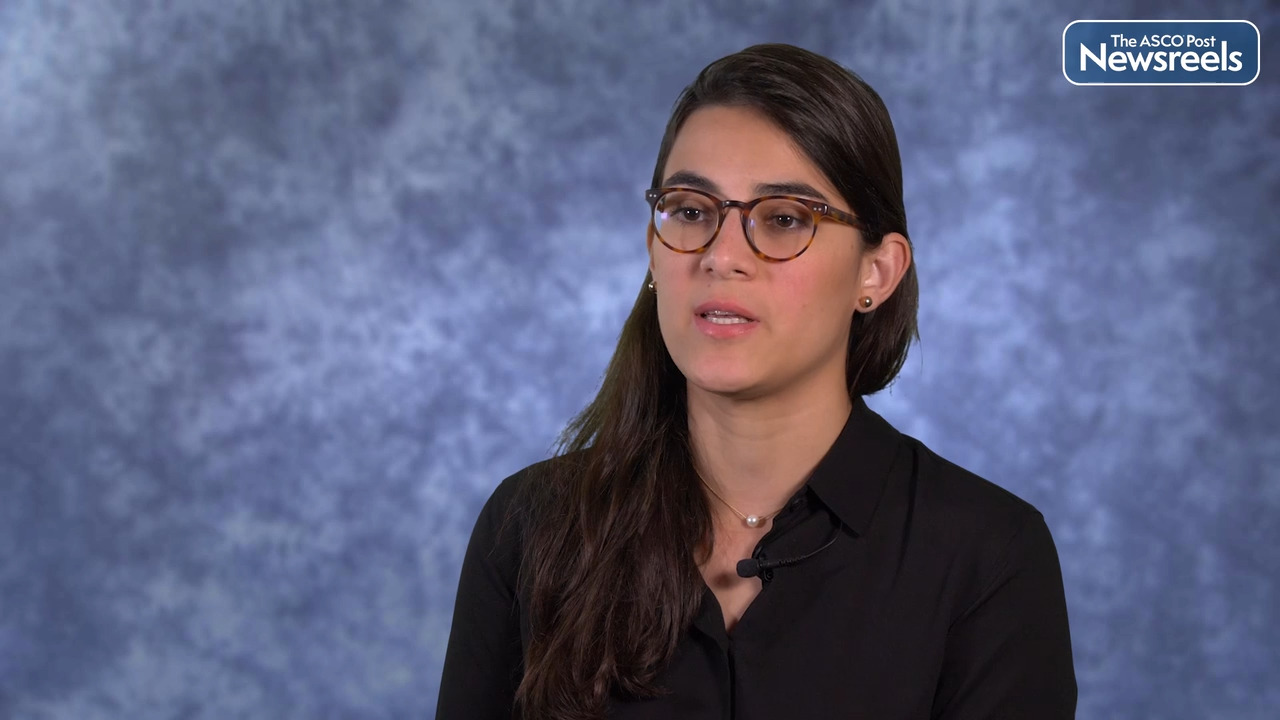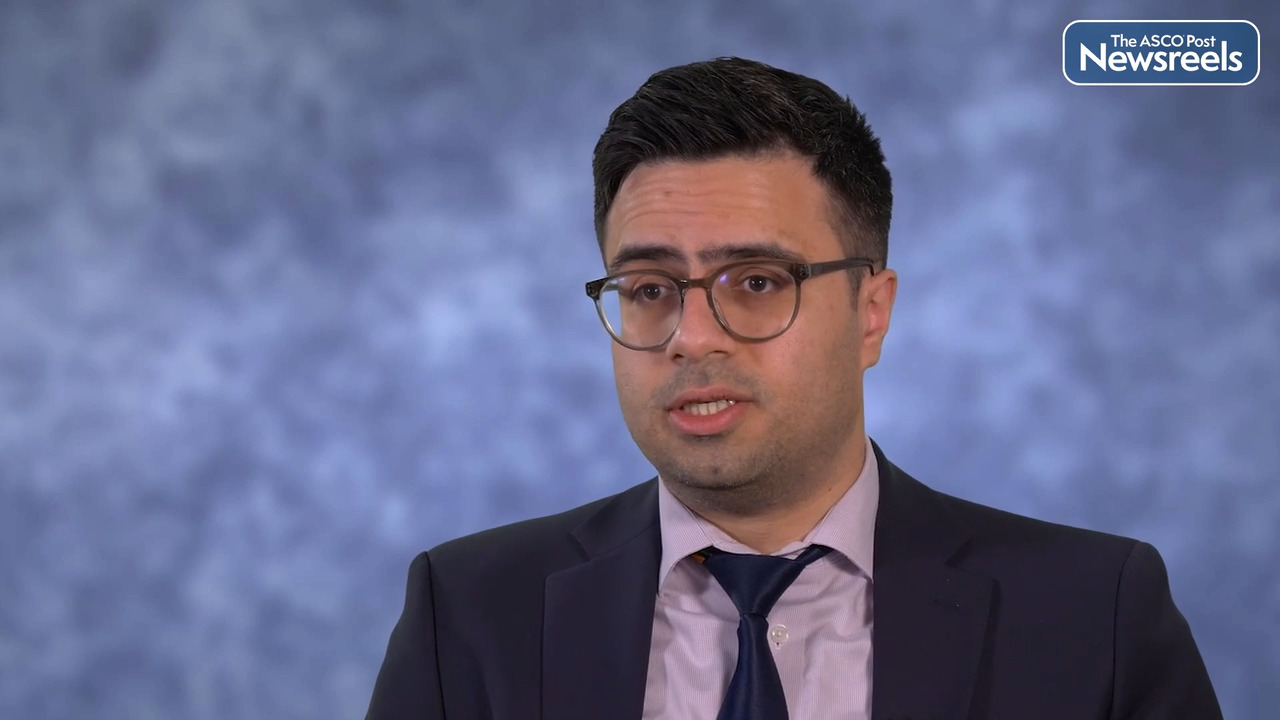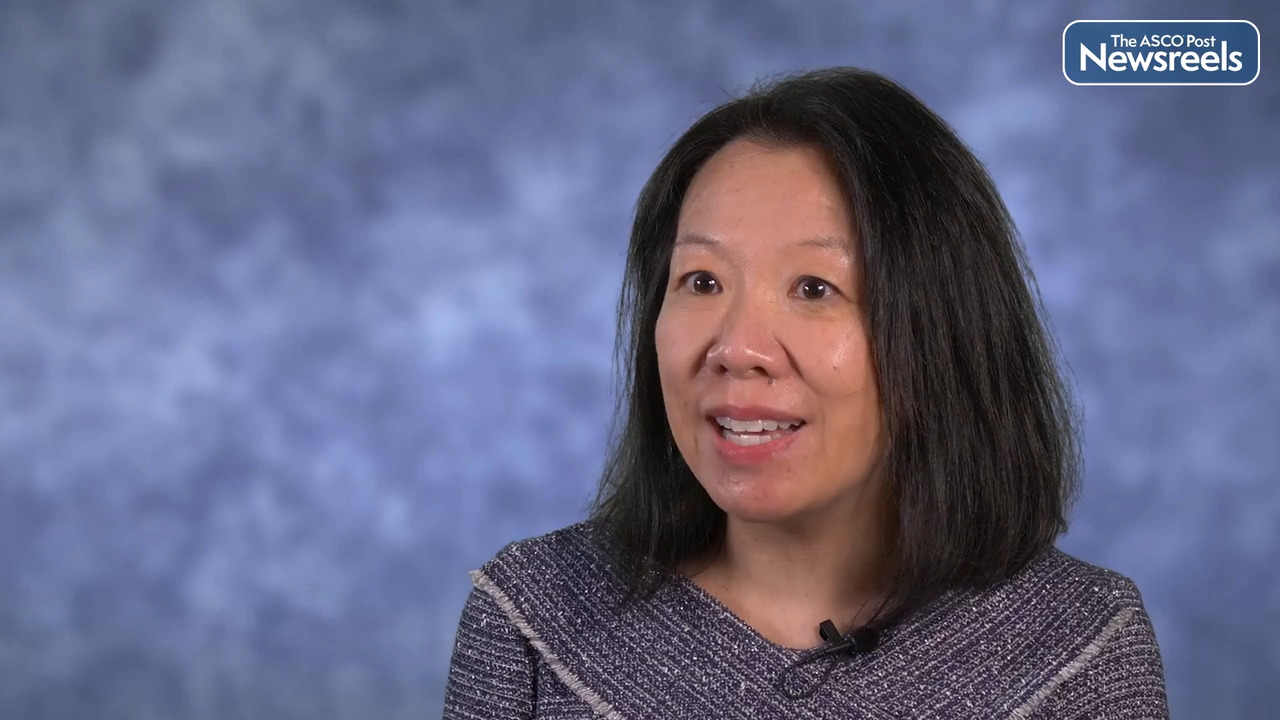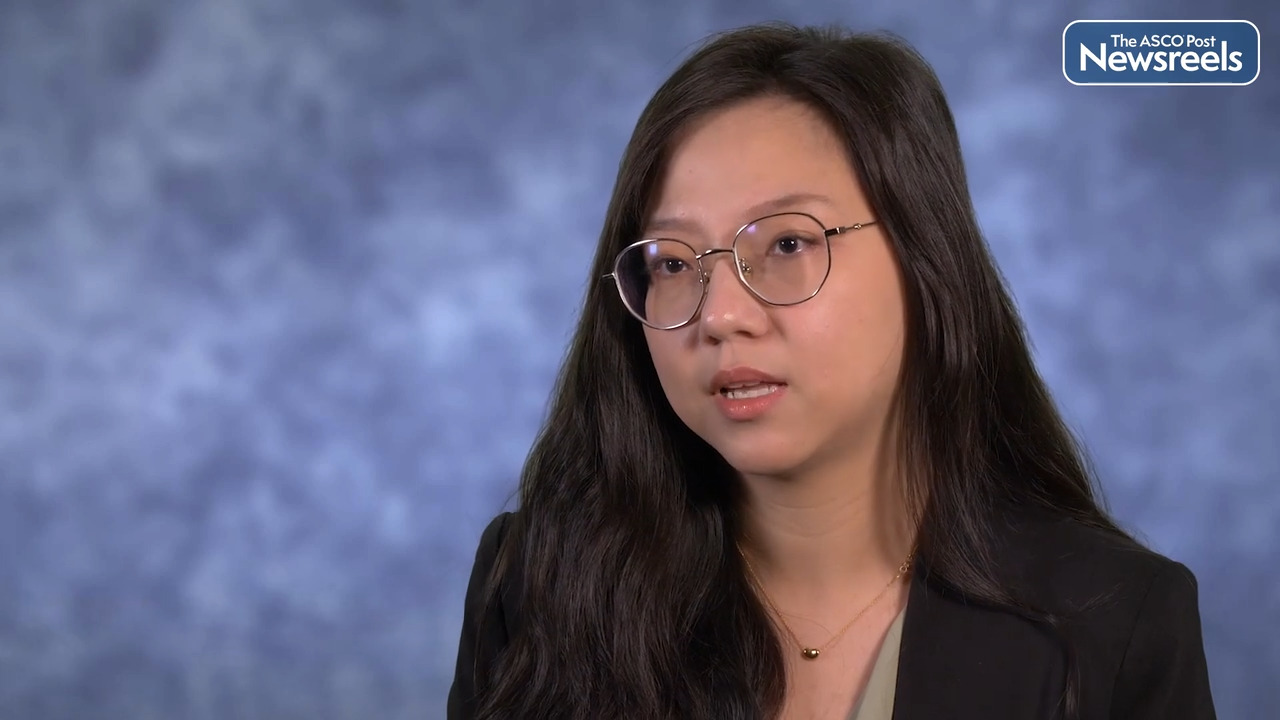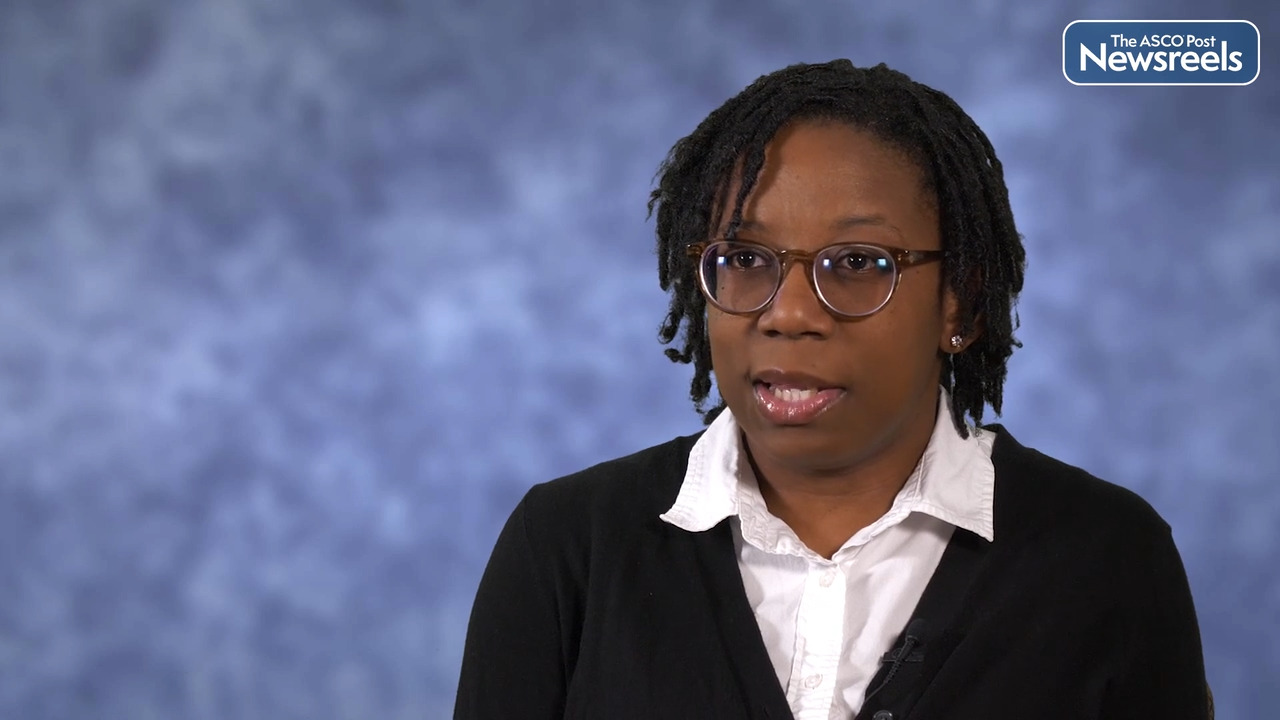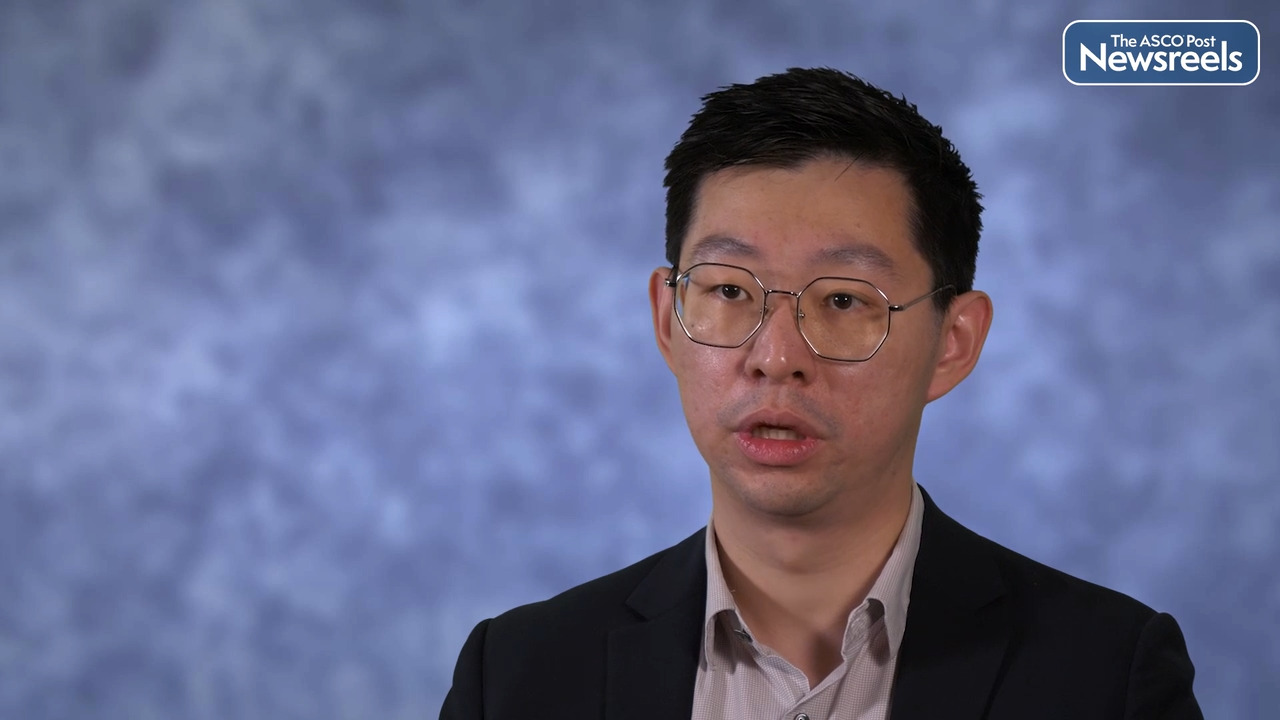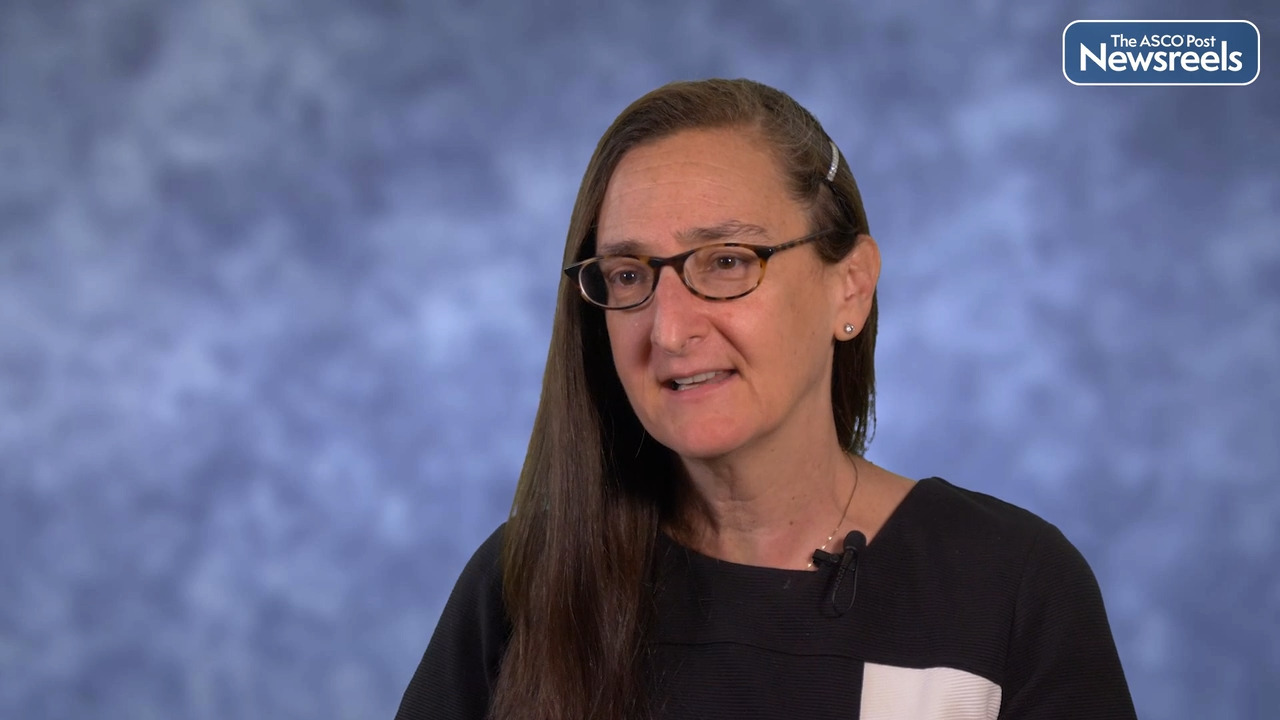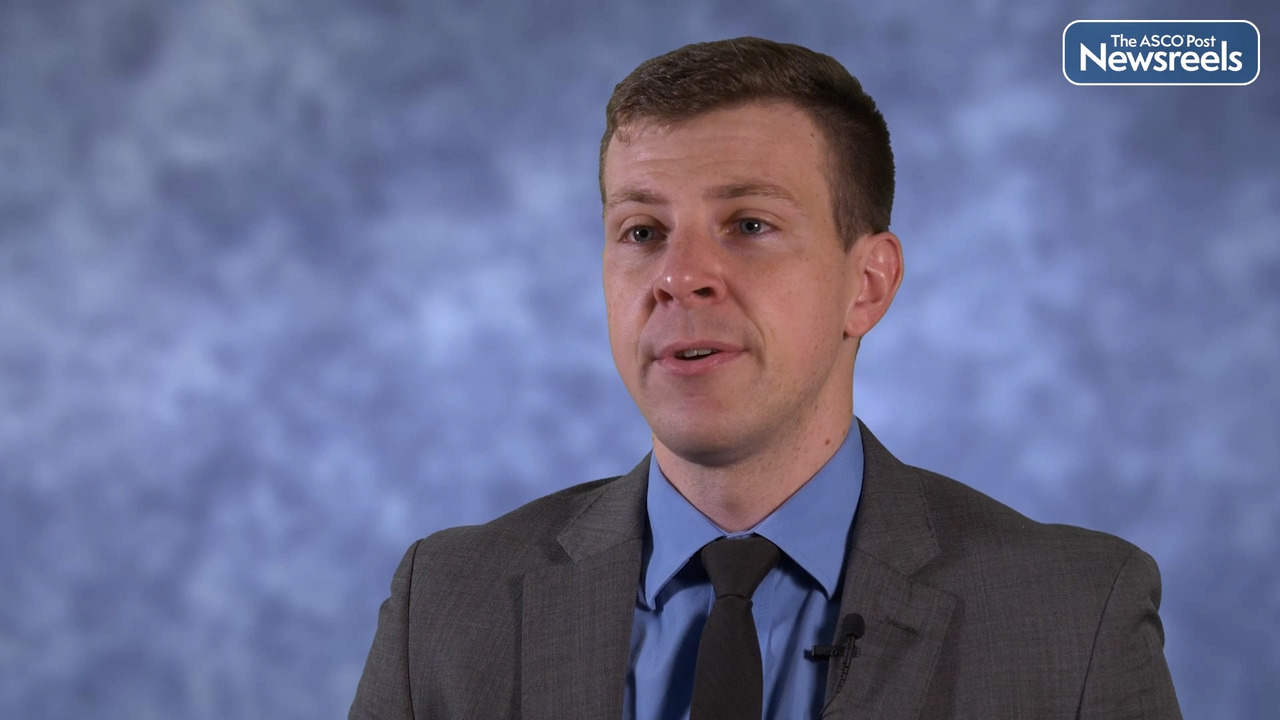2022 ASCO Quality Care Symposium
Patient-Reported Outcomes Study Finds Severe Symptoms in Meaningful Minority of Patients With Cancer
Routine monitoring in the real world may help to identify patients with cancer who are experiencing challenging symptoms, without significantly disrupting clinical workload, according to data presente...
Building a New Normal: Symptom Self-Management Intervention May Benefit Cancer Survivors
An easy-to-deploy, automated self-management intervention may prove to be of benefit in supporting competence and symptom management among cancer survivors, according to data presented during the 2022...
Multilayered Approach to Financial Toxicity Solutions for Patients With Cancer and Their Families
With out-of-pocket costs of cancer care exceeding $21 billion in 2019, financial toxicity among patients and their families in the United States has become too prevalent to ignore. In fact, more than ...
New Directions for Cancer Care: Major Trends in U.S. Health Policy
The pace of cancer drug development may have accelerated over the past decade, but so too has the cost of care, which threatens to limit access for a large percentage of Americans in the decade to com...
Xuesong Han, PhD, on Medicaid Expansion and Receipt of Palliative Care Among Individuals Newly Diagnosed With Advanced-Stage Cancers
Xuesong Han, PhD, of the American Cancer Society, discusses findings showing that among newly diagnosed patients with stage IV cancers, Medicaid expansion was associated with increases in receipt of p...
Samyukta Mullangi, MD, MBA, on Predictors of Compliance With Payer-Led Oncology Clinical Pathways
Samyukta Mullangi, MD, MBA, of Memorial Sloan Kettering Cancer Center, discusses her findings showing that physicians’ prescribing behavior may be influenced by payer-led pathways. Pathway compliance ...
Regina Barragán-Carrillo, MD, on Breast Cancer Screening in the Transgender Population
Regina Barragán-Carrillo, MD, of Mexico’s National Institute of Medical Sciences and Nutrition Salvador Zubirán, discusses her findings showing that currently, physicians have limited knowledge about ...
Jensa C. Morris, MD: Oncology Hospitalist Co-Management May Be Linked to Efficient, High-Quality Care and Education
Jensa C. Morris, MD, of the Yale School of Medicine, Smilow Hospitalist Service, discusses her findings on the benefits of hospitalist co-management of patients with cancer: It reduced the length of ...
S.M. Qasim Hussaini, MD, on Colon Cancer Treatment Outcomes and Historical Housing Discrimination
S. M. Qasim Hussaini, MD, of the Sidney Kimmel Comprehensive Cancer Center, Johns Hopkins Hospital, discusses findings from a nationwide study of the association between living in areas with discrimin...
Sandra L. Wong, MD, on Severe Symptom Reporting in Patients With Cancer Who Have Undergone Surgery
Sandra L. Wong, MD, of the Dartmouth-Hitchcock Medical Center, discusses her study findings showing that when patients with cancer who have had surgery reported severe symptoms via an electronic patie...
Qinjin Fan, PhD, on Equitable Lung Cancer Care and Mortgage Discrimination
Qinjin Fan, PhD, of the American Cancer Society, explores the question of how mortgage discrimination is linked to lower rates of guideline-concordant care for patients with non–small cell lung cancer...
Health-Related Quality of Life for Survivors of Metastatic Prostate Cancer
Survivors of prostate cancer originally diagnosed with metastatic disease may experience significantly worse health-related quality of life than those diagnosed with early-stage disease and individual...
Medicaid Expansion and Palliative Care Use Among Patients Newly Diagnosed With Advanced Cancer
Recent data showed that Medicaid expansion may be associated with increased use of palliative care among newly diagnosed individuals with stage IV cancer, although overall usage of palliative care was...
Joannie M. Ivory, MD, MSPH, on Increasing Participation of Black Patients With Cancer in Clinical Trials
Joannie M. Ivory, MD, MSPH, of The University of North Carolina at Chapel Hill, discusses ways to raise the number of Black patients with cancer who take part in clinical trials. More successful accru...
Changchuan Jiang, MD, MPH, on Transportation Barriers, Delays in Cancer Care, and Increased Mortality for Patients With Cancer
Changchuan Jiang, MD, MPH, of Roswell Park Comprehensive Cancer Center, discusses the lack of transportation as a potentially modifiable barrier to care for patients with cancer. Timely intervention m...
Is Mortgage Discrimination Adversely Associated With Receipt of Guideline-Concordant NSCLC Care?
Findings reported by researchers from the American Cancer Society (ACS) and Johns Hopkins University showed that area-level mortgage discrimination may be adversely associated with receipt of guidelin...
Christopher E. Jensen, MD, on Older Adults With AML: A Price Paid for High-Intensity Chemotherapy?
Christopher E. Jensen, MD, of the University of North Carolina School of Medicine, talks about older adults with acute myeloid leukemia who receive high-intensity chemotherapy. Although they may live ...
Dawn L. Hershman, MD, on Prophylactic Colony Stimulating Factors for Neutropenia: Improving Clinicians’ Prescribing Practices
Dawn L. Hershman, MD, of Columbia University College of Physicians and Surgeons, discusses findings that showed substantial variability in clinicians’ adherence to prescribing primary prophylactic col...
Justin M. Barnes, MD, on Medicaid Expansion and Changes in Cancer Mortality Rates
Justin M. Barnes, MD, of the Washington University School of Medicine, discusses the ways in which Medicaid expansion under the Affordable Care Act seems to affect distant diagnoses and cancer deaths ...
Research Finds Medicaid Expansion Led to Decreases in Cancer Incidence and Mortality Rates
State-run Medicaid insurance, expanded in 2014 as part of the Affordable Care Act, has resulted in decreased metastatic cancer incidence rates as well as decreased overall cancer mortality rates, and ...
Can a Navigation Program Lower Care Costs for Patients With Cancer?
A cancer navigation program can reduce overall costs when deployed in collaboration with a statewide Medicare Advantage health plan across a wide range of practice types, according to findings to be p...
Total Cost of Cancer Care May Be Reduced With Lower-Cost Alternate Drugs Without Compromising Quality of Care
Substituting biosimilars, generics, and clinically appropriate lower-cost drugs for established, costlier drugs was shown to be an effective way to reduce the total cost of care, by 5% or so, while ma...
